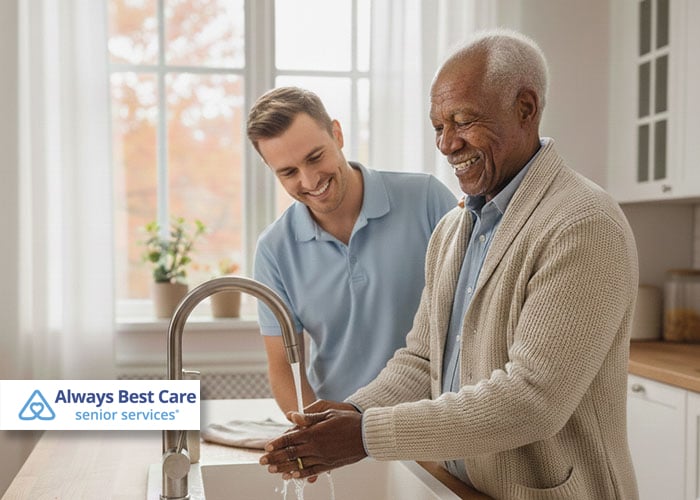Helping Seniors Regain Confidence at Home After Hospitalization in Denver

Recovering at home after a hospital stay can be challenging for seniors, especially those with mobility issues, medication routines, or lingering health concerns. The right support system can make all the difference in restoring confidence and independence. Understanding the key steps to a smooth transition can help families and seniors feel more prepared for this critical phase.
Table of Contents
The Emotional and Physical Challenges of Post-Hospital Recovery
Adjusting to life at home after hospitalization often brings a mix of emotions and physical hurdles.
Feelings of vulnerability, fear of falling, and frustration over reduced mobility can make daily routines difficult.
Strength and stamina may take time to return, requiring patience and encouragement from caregivers and loved ones.
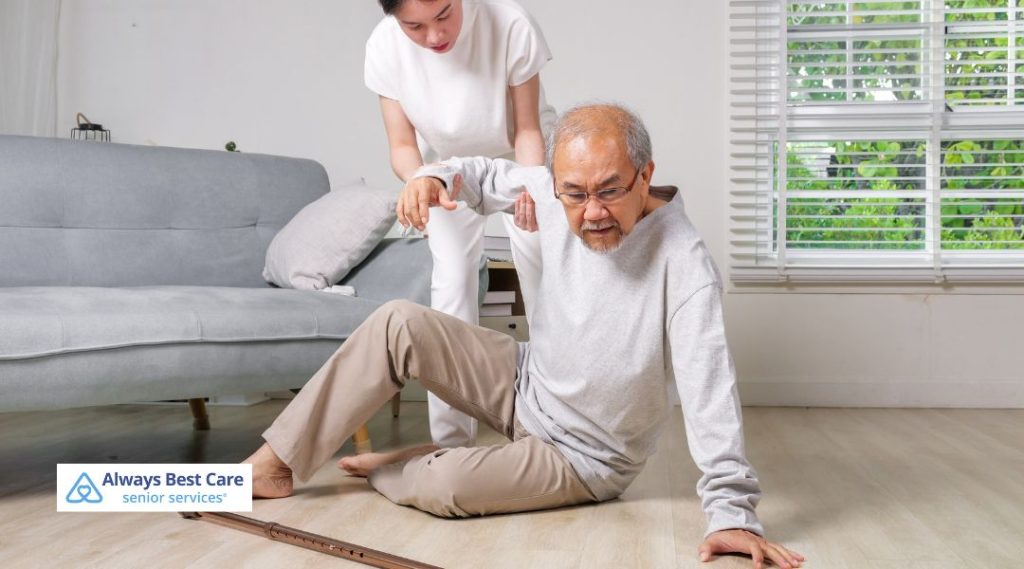
Creating a Safe and Comfortable Home Environment
Modifying the home to prevent accidents and promote ease of movement helps seniors regain confidence.
Installing grab bars in the bathroom, improving lighting in hallways, and removing tripping hazards are simple but effective ways to create a secure living space.
Ensuring essentials like medications and frequently used items are within easy reach further supports independence.
9 Commonly Overlooked Fall Risks for Seniors
- Loose Rugs and Carpets: Unsecured floor coverings can easily cause trips and should be fastened or removed.
- Cluttered Walkways: Items left in hallways or stairs can obstruct paths; keeping these areas clear is essential.
- Poor Lighting: Dimly lit areas can hide hazards; adequate lighting throughout the home is crucial.
- Unstable Furniture: Furniture that isn’t sturdy can tip over if used for support.
- Lack of Handrails: Stairs without handrails increase the risk of falls; installing them adds safety.
- Wet or Slippery Floors: Spills or recently cleaned floors can be slick; promptly addressing these conditions helps prevent slips.
- Improper Footwear: Wearing shoes without proper grip can lead to slipping; non-slip soles are recommended.
- Pets Underfoot: Pets can unintentionally cause trips; being mindful of their presence is important.
- Reaching for High Items: Using unstable stools or chairs to reach high places can be hazardous; keeping items within reach is safer.
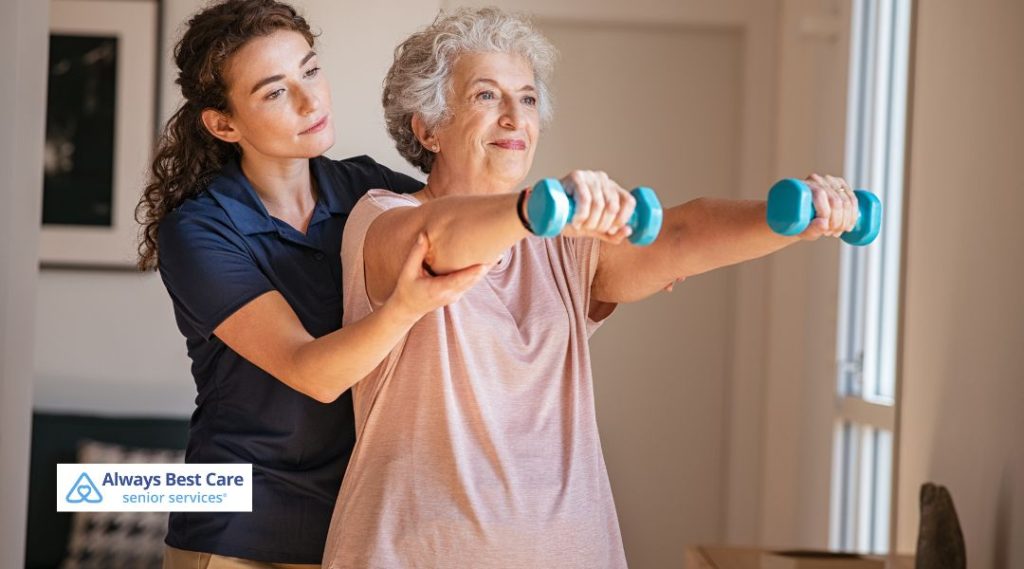
Encouraging Mobility and Physical Activity
Regaining strength after hospitalization involves staying active in ways that feel safe and manageable.
Gentle exercises like stretching, walking short distances, and balance training help seniors rebuild strength and coordination.
Physical therapy, when recommended by healthcare providers, can accelerate recovery and boost confidence in daily movements.
Managing Medications and Follow-Up Care
Adhering to a new medication schedule or post-hospital treatment plan can feel overwhelming.
Organizing medications, setting reminders, and scheduling follow-up appointments ensure seniors stay on track with their recovery.
Support from family members or professional caregivers makes it easier to manage these responsibilities while reducing stress.
Emotional Well-Being and Social Connection
Recovering at home after a hospital stay isn’t just about physical healing—it’s also about emotional and mental well-being.
Seniors may feel a mix of emotions, from relief at being home to anxiety about their recovery process.
A lack of social interaction can lead to feelings of isolation, which may contribute to depression, loss of motivation, and even a decline in physical health.
By prioritizing meaningful connections, seniors can rebuild confidence and feel more secure in their recovery.

The Impact of Isolation on Recovery
Seniors who feel isolated or disconnected from loved ones often struggle with motivation during recovery.
Loneliness has been linked to an increased risk of depression, cognitive decline, and even slower healing from physical ailments.
A lack of daily social interaction can make seniors feel like they’re navigating recovery alone, leading to frustration or a sense of helplessness.
By recognizing these challenges, families can take proactive steps to ensure their loved ones remain emotionally supported.
Encouraging Family and Friend Interaction
A reliable support system plays a huge role in helping seniors regain confidence after hospitalization.
Families can schedule regular visits, phone calls, or video chats to check in and provide encouragement. Even short conversations about daily events can lift seniors’ spirits and make them feel connected.
When possible, family members can also engage in activities together, such as looking through old photo albums, sharing a meal, or watching a favorite show. Small gestures go a long way in making seniors feel valued and included.
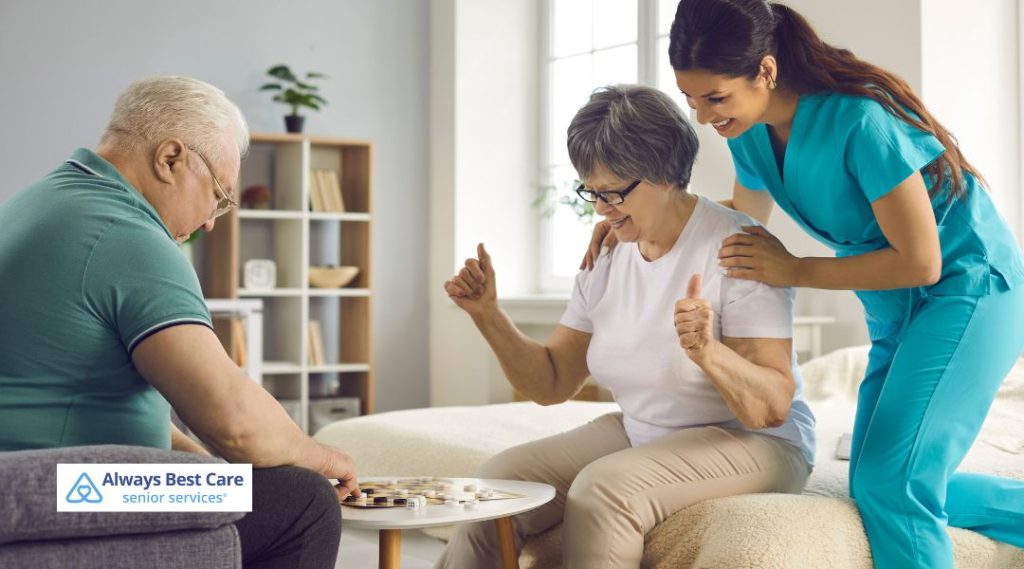
Reintroducing Routine for Emotional Stability
A structured daily routine provides a sense of comfort and predictability, which is crucial after a hospital stay.
Seniors who can return to familiar habits, such as reading the newspaper with morning coffee or taking an afternoon walk, often feel more in control of their recovery.
Encouraging participation in small, manageable tasks—like folding laundry, watering plants, or writing in a journal—can help bring purpose and stability to each day.
Connecting With the Community
For seniors who need additional social outlets, Denver offers many opportunities for engagement.
Senior centers, libraries, and community organizations often host activities like book clubs, light exercise classes, or game nights that provide safe and enjoyable ways to stay connected.
Faith-based groups also offer gatherings, prayer groups, and volunteer opportunities where seniors can interact with others and strengthen their sense of belonging.
These connections help reinforce confidence and provide meaningful social engagement.
The Role of Professional In-Home Care Services
Personalized home care services provide the extra support needed for a successful recovery.
Assistance with daily activities, mobility, medication reminders, and companionship can make the transition smoother and more comfortable.
Professional caregivers offer peace of mind by ensuring seniors receive the right level of care while maintaining their independence.
In-Home Care Assistance in Denver
Always Best Care of Denver offers customized in-home support designed to help seniors regain confidence after hospitalization.
With experienced caregivers, personalized care plans, and a commitment to safety, we ensure a smooth transition back home.
Our services include mobility assistance, medication management, companionship, and home safety recommendations to create a secure and supportive environment.
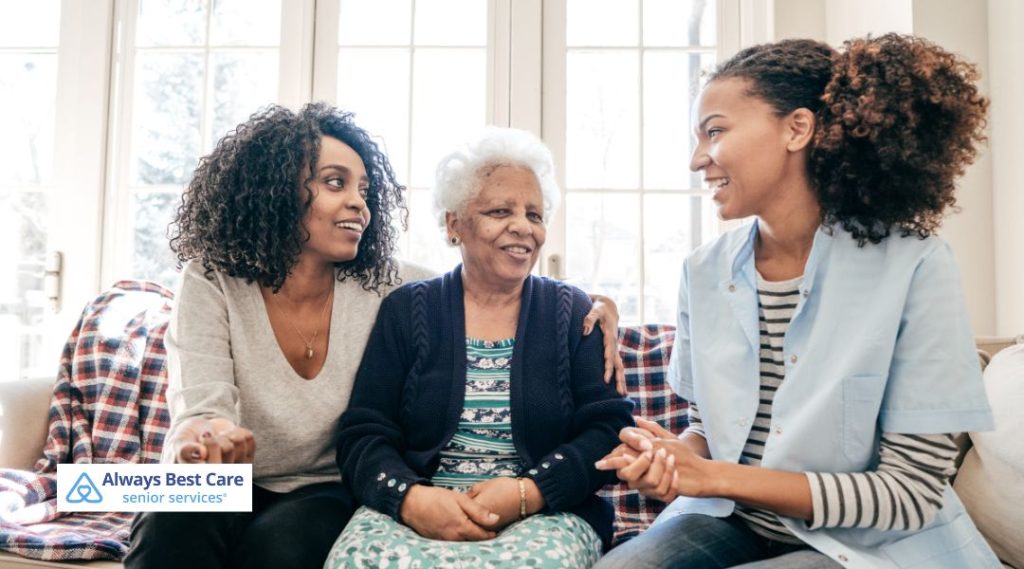
Get the Support You Need for a Confident Recovery at Home
Recovering after a hospital stay can feel overwhelming, but you don’t have to do it alone. At Always Best Care of Denver, we provide compassionate in-home care designed to help seniors regain their confidence, maintain their independence, and feel safe in their own homes. Whether you need assistance with daily tasks, mobility support, or companionship, our dedicated caregivers are here to help.
Contact Always Best Care of Denver at (303) 952-3060 to schedule a care consultation and explore how we can assist with your loved one’s recovery at home. Let’s ensure they have the right support for a healthy and successful transition.




